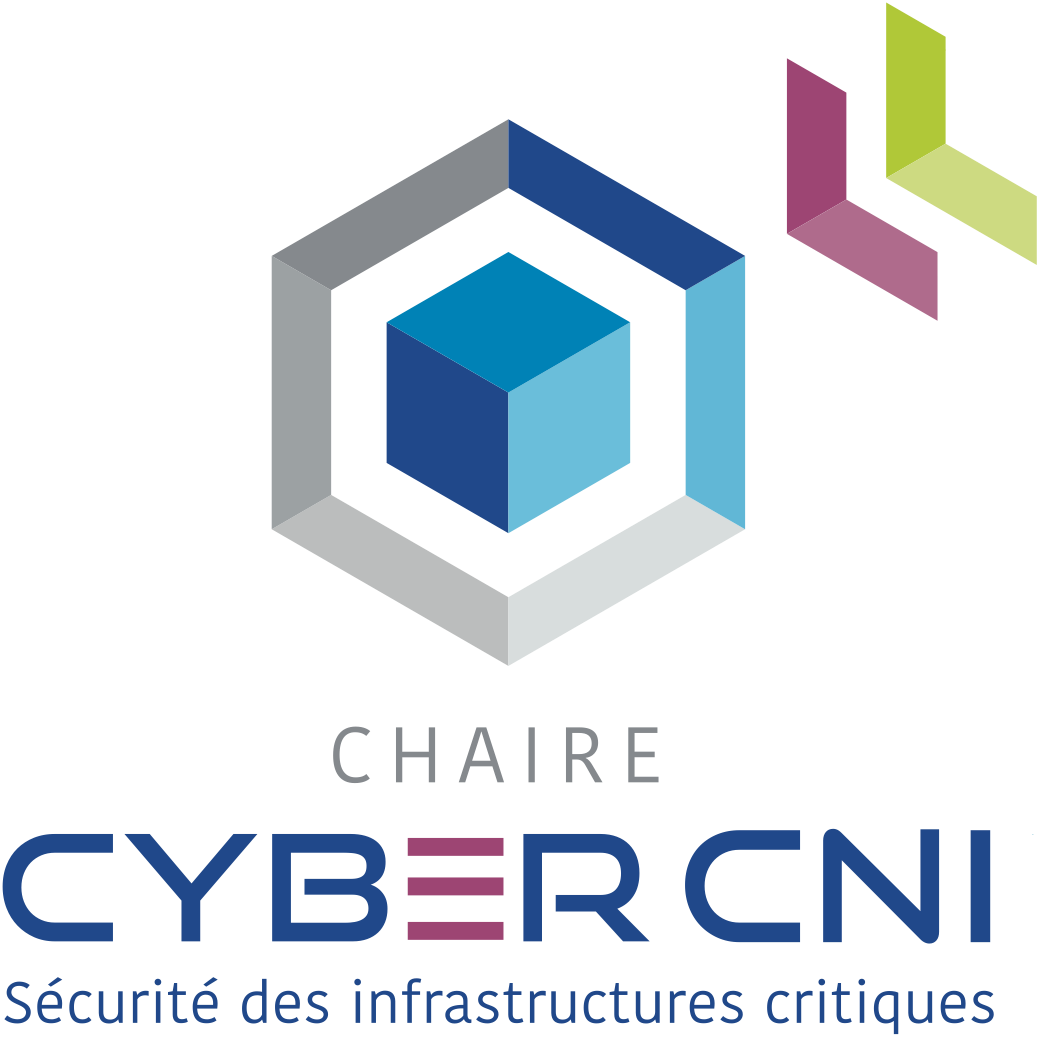[TALK24] Roland van Rijswijk-Deij (University of Twente, NLnet Labs) – Quantum Prooving the Internet
On Wed, Nov 23th, 2022, 2pm CET, Roland van Rijswijk-Deij (University of Twente, NLnet Labs), will talk about “Quantum Prooving the Internet“. You are cordially invited to join the free live stream on youtube and LinkedIn! Please share the link https://talk.cybercni.fr/24 with your interested friends!
Trailer: https://youtu.be/9v-iljMiTa8
LinkedIN Event: https://www.linkedin.com/video/event/urn:li:ugcPost:6995358479146221569/
Facebook Event: https://www.facebook.com/events/450936563794090/
Youtube: https://www.youtube.com/watch?v=xAs2Rt58iEg
Stream redirect (for every edition): https://TALK.cyberCNI.fr/stream
Newsletter with invitations: Subscription on https://TALK.cyberCNI.fr
Abstract
Today’s Internet cannot do without confidentiality and online identification. The cryptography typically used to achieve this, however, is under threat from quantum computers. While a practical quantum computer is years away, it also takes years to standardise and deploy alternative cryptography. Worse, applications that store data long‐term (e.g., captured encrypted Internet traffic) require action now, since if current cryptography is broken, stored data is immediately compromised.
Cryptographers are developing post‐quantum cryptography (PQC) that is secure against attacks with quantum computers. While much progress has been made developing and trialling algorithms, we lack a complete view of the problem space. More boldly: we cannot answer the question “what if the whole Internet had to switch to PQC?”. Nobody “owns the Internet” so who will tackle this challenge? Sure, the tech giants should take action, but the Internet is much broader than that. In my view, this challenge can only be solved with an independent holistic approach that considers all aspects of the Internet.
In this talk I will explore the research challenges for quantum-proofing the whole Internet and will propose a research agenda to tackle these challenges. I will show how we need to examine all parts of the Internet that rely on public-key cryptography and how we need to decide if we can simply replace algorithms, if we maybe have to re-engineer protocols and applications, or if the costs are simply too high and we should retire protocols or applications.
Roland van Rijswijk-Deij
After two decades in the industry, working on applied cryptography and network security, Roland is professor of measurement-based Internet security at the University of Twente since 2021. His research interests are in the application of global-scale Internet measurements to support empirically-backed securityanalysis and improvements of Internet protocols and the transition of the Internet to post-quantum cryptography.
University of Twente, NLnet Labs, Netherlands
Roland is a member of the Design and Analysis of Communications Systems group at the University of Twente, and a researcher in the Twente University Centre for Cybersecurity Research (TUCCR). Roland also advises NLnet Labs, a not-for-profit that develops open source software for core Internet protocols, on scientific research.
Talk.cybercni.fr
The Cyber CNI Lecture Series is a free monthly event that typically takes place on the last Wednesday of the month from 2pm to 3h30pm CET.
The event consists of a 45-minute expert presentation followed by a 45-minute discussion.
The Cyber CNI Speaker series aims to raise awareness and understanding of cyber security issues among all audiences. It aims to enable an ongoing dialogue between experts from industry and academia and the general public (citizens, families, small and large businesses, public organizations, etc.). All of us are concerned.
The events are broadcast live on Youtube (https://talk.cybercni.fr/) and LinkedIn, allowing worldwide remote participation – including a tool to participate in the discussion.
You can add the event calendar via ICS, webcal, HTML.
How the digital transformation is changing our lives
The COVID-19 pandemic has shown all of us the benefits of information technology. It allows us to work at a distance, to live at a distance, and most importantly, to keep in touch at a distance – with younger and older people, those closest to us, and even make new contacts.
Our society relies more and more on information and operational technologies. Examples include water, energy, heat and cooling supply, communications, healthcare, production and processing of goods, transportation, national security, banking, research and education, and food production.
What all these areas have in common is that they make intensive use of networked distributed computer systems. These systems can be attacked in many ways. This is no longer just a problem for computer “pros” because computer systems are essential to all of us. The effects of “cyber-attacks” range from power outages to the collapse of the health care or banking sectors.
Program and registration: https://talk.cybercni.fr/
- [T40] Software multi-tenancy on micro-controllers: enhancing security with TinyPART toolkit – Chrystel Gaber (Orange), Gilles Grimaud (U Lille), Emmanuel Baccelli (INRIA) - October 28, 2024
- [T37] Cryptocurrency Innovations: EcoMobiCoin for Green Behavior & LCoin for Local Economies – Pascal Lafourcade - July 31, 2024
- [T36] Dynamic Cybersecurity Risk Management with Responsible AI Practice for Enhancing Security and Resilience of Digital Infrastructure – Shareeful Islam - July 22, 2024







